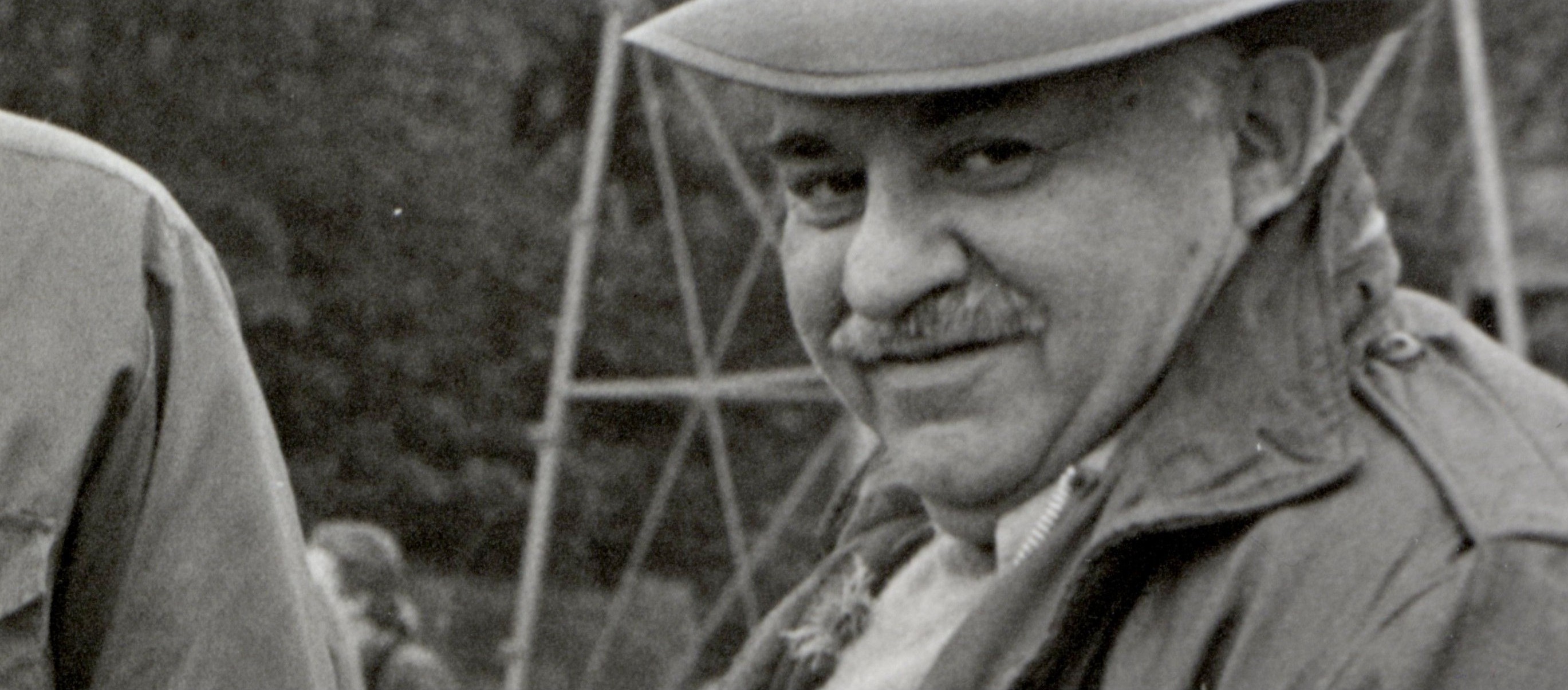


Wolfe wrote that while he was receptive to a radical critique of society, he found the book "obsessive, dogmatic and angry" and did not believe it would gain as much attention as it deserved. Szasz described the book as well written. Wolfe's review was followed by an exchange of letters between Bookchin and Wolfe. The Ecology of Freedom received a positive review from Susan Marie Szasz in Library Journal and a negative review from the political scientist Alan Wolfe in The Nation. This mentality permeates our individual psyches in a cumulative form up to the present day––not merely as capitalism but as the vast history of hierarchical society from its inception." Reception Mainstream media This repression then extends outward to external nature as a mere object of rule and later of exploitation. Heinous as my view may be to modern Freudians, it is not the discipline of work but the discipline of rule that demands the repression of internal nature. This practice, in the name of a 'classless' or 'libertarian' society, could easily conceal the existence of hierarchical relationships and a hierarchical sensibility, both of which––even in the absence of economic exploitation or political coercion––would serve to perpetuate unfreedom." īookchin also points to an accumulation of hierarchical systems throughout history that has occurred up to contemporary societies which tends to determine the human collective and individual psyche, "The objective history of the social structure becomes internalized as a subjective history of the psychic structure.

To use the words hierarchy, class, and State interchangeably, as many social theorists do, is insidious and obscurantist. There is a strong theoretical need to contrast hierarchy with the more widespread use of the words class and State careless use of these terms can produce a dangerous simplification of social reality. Bookchin writes that, "My use of the word hierarchy in the subtitle of this work is meant to be provocative. Bookchin is critical of the class centered analysis of Marxism and simplistic anti-state forms of libertarianism and liberalism and wished to present what he saw was a more complex view of societies.


 0 kommentar(er)
0 kommentar(er)
